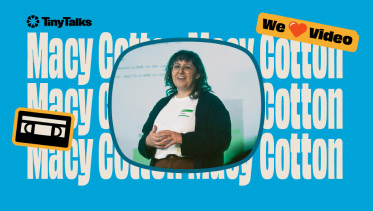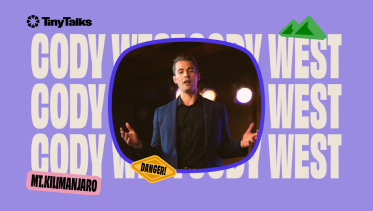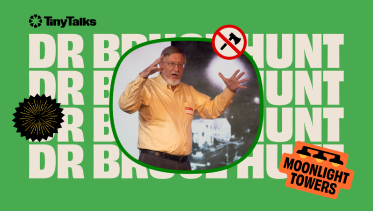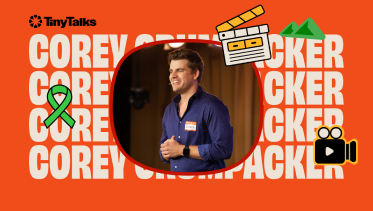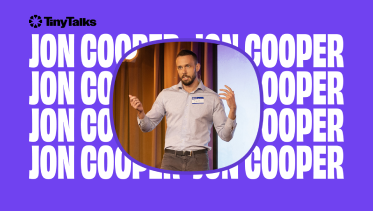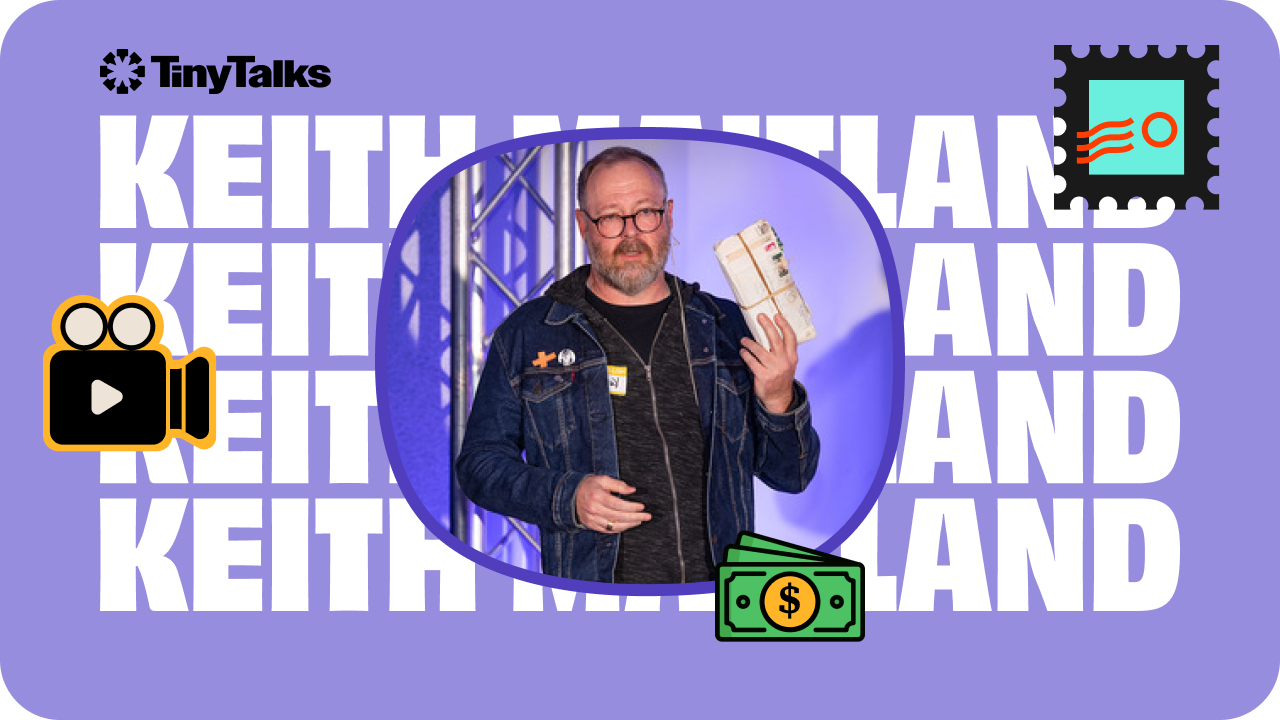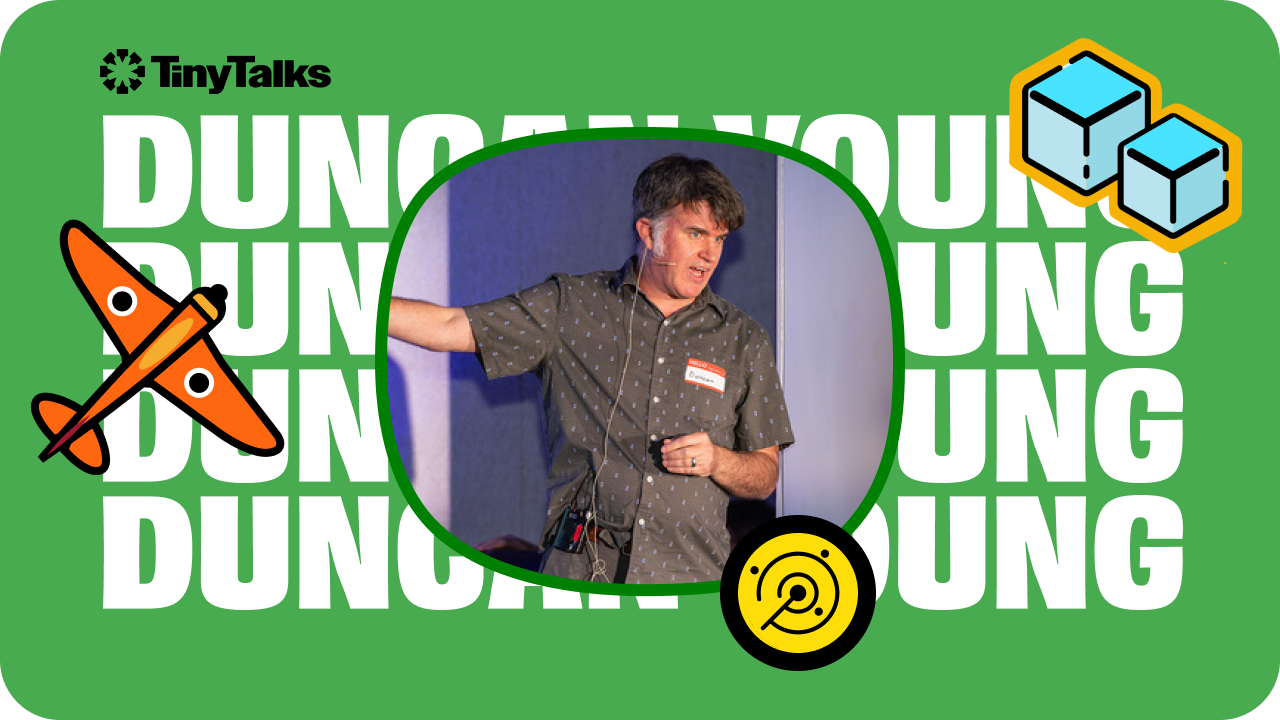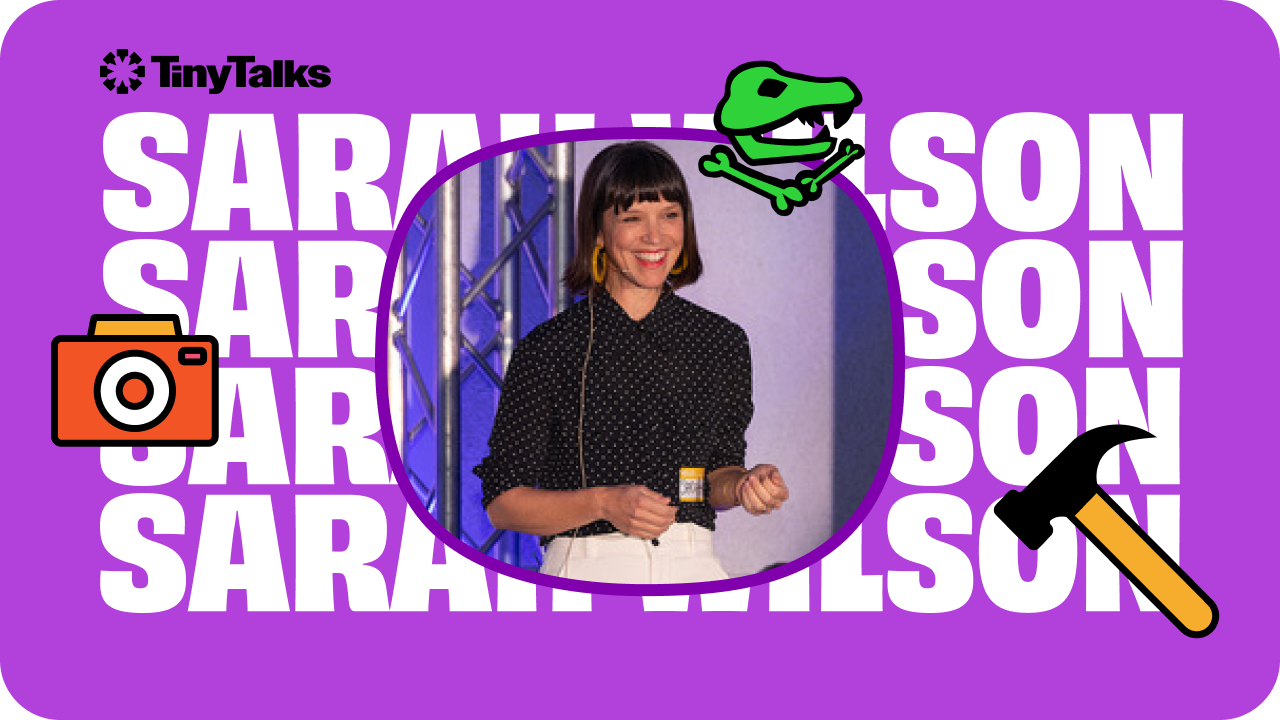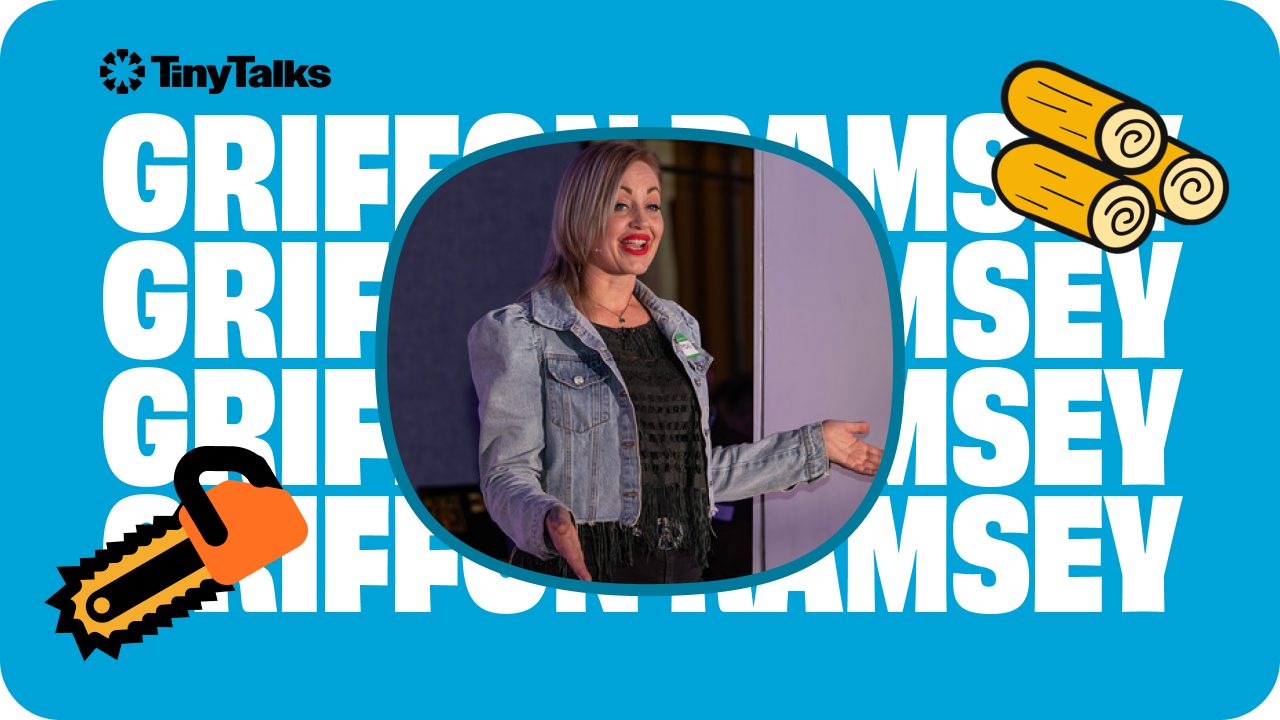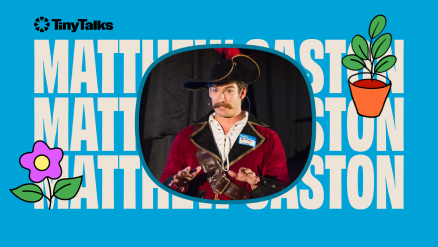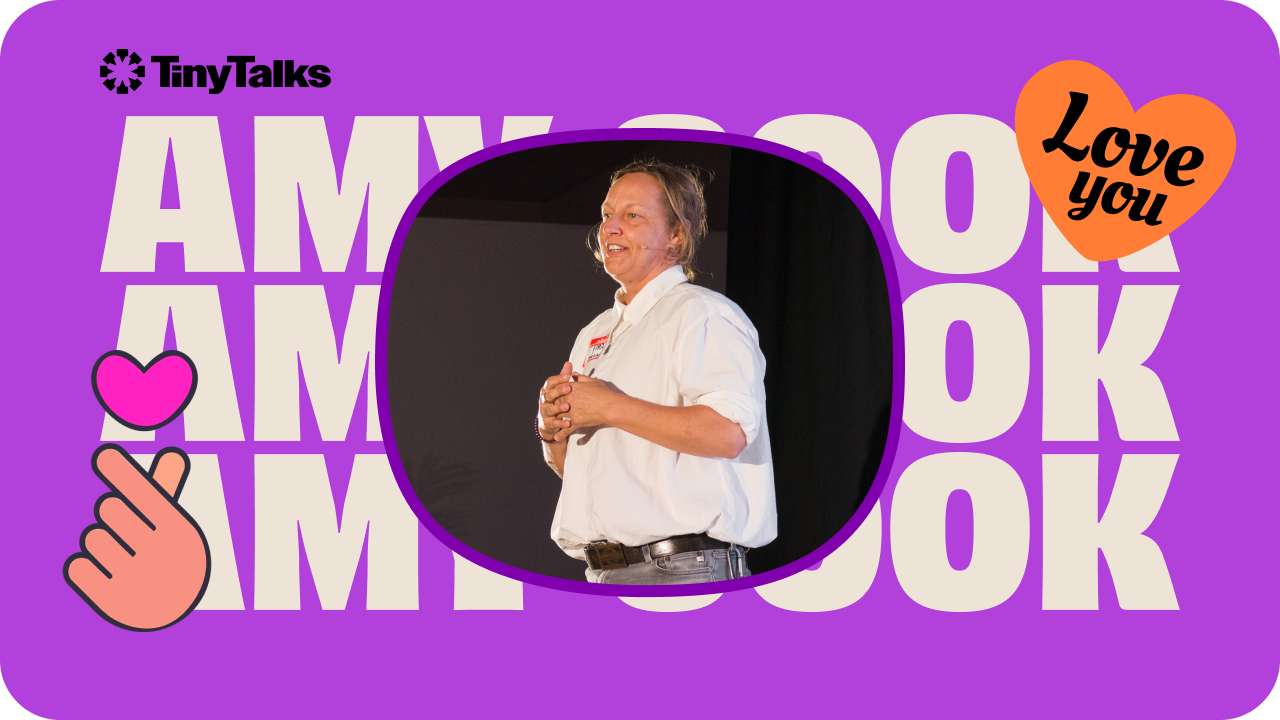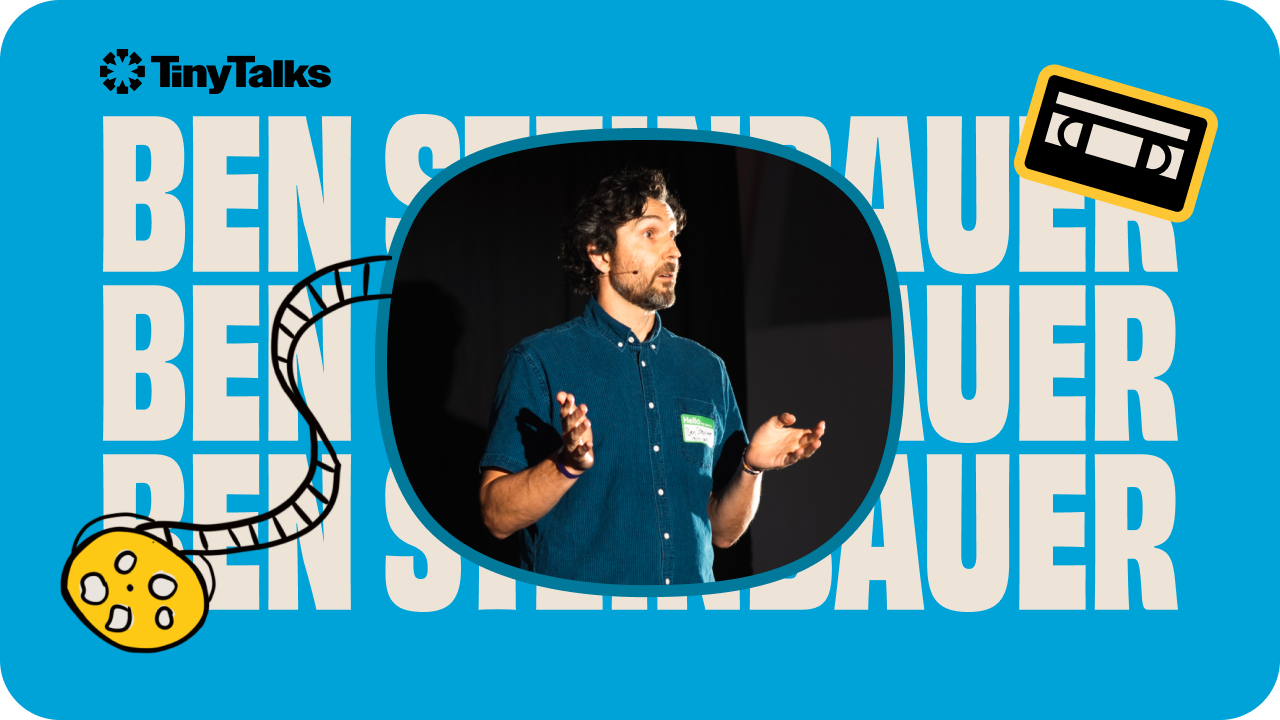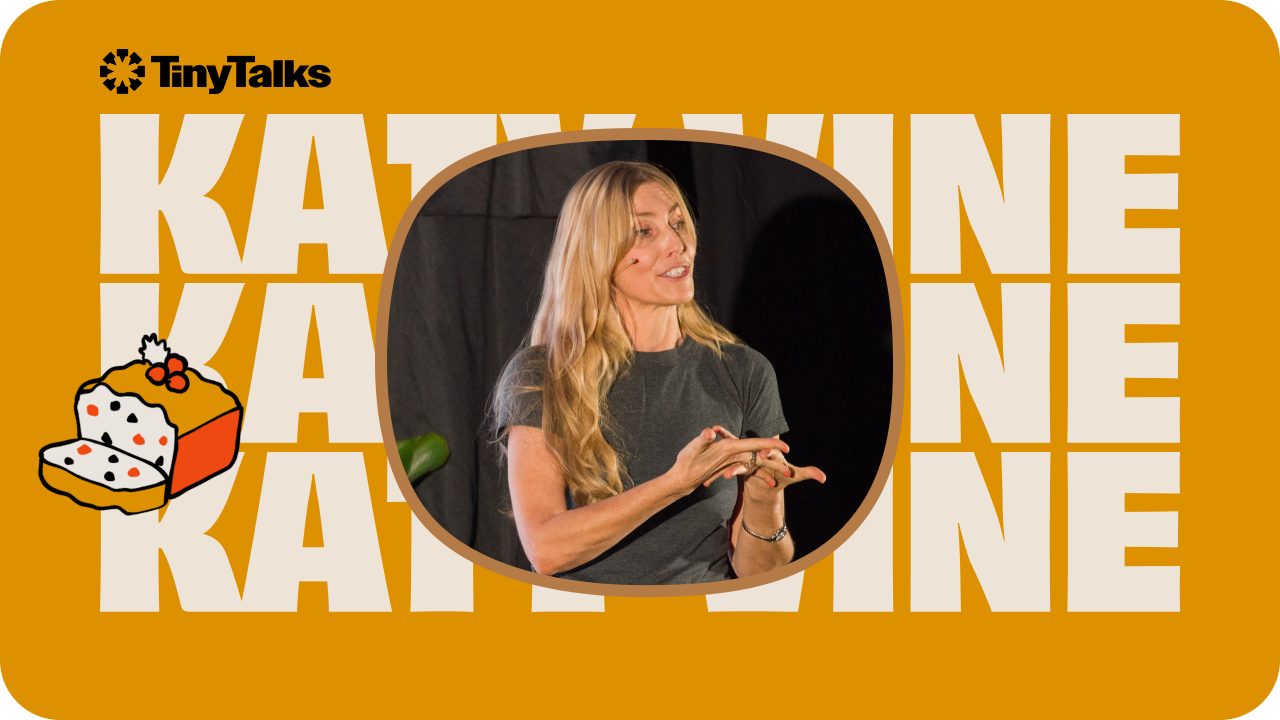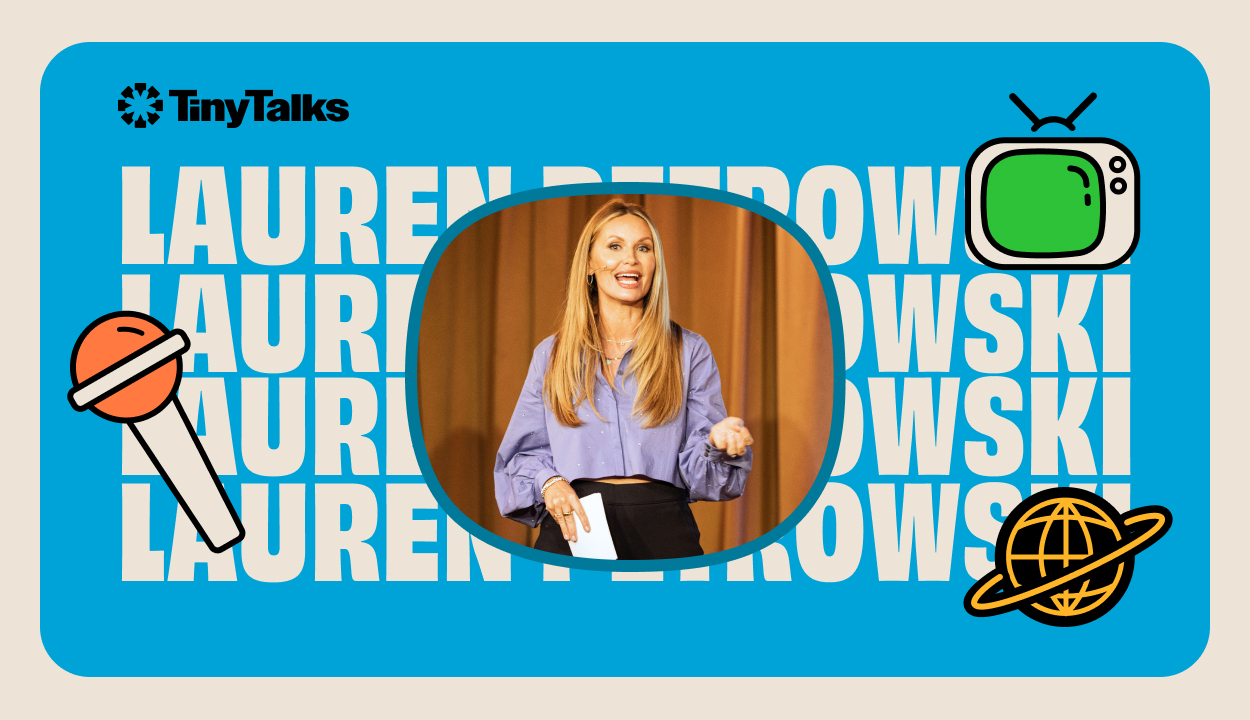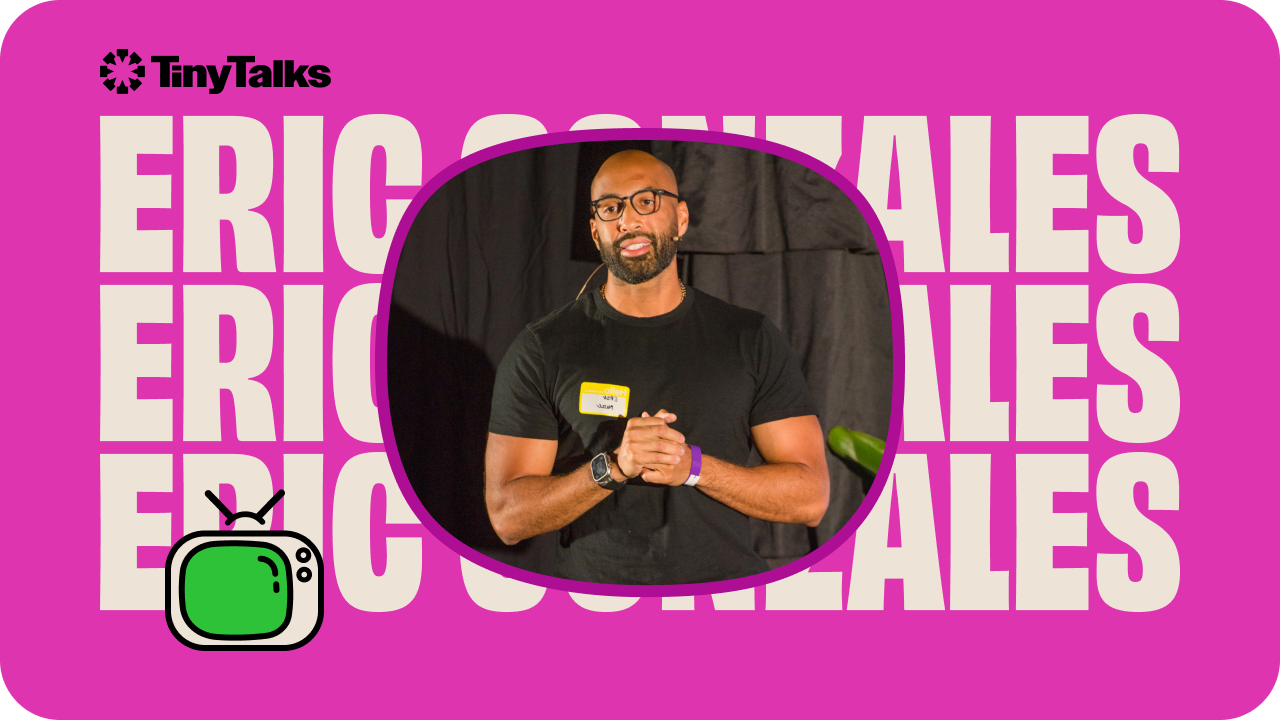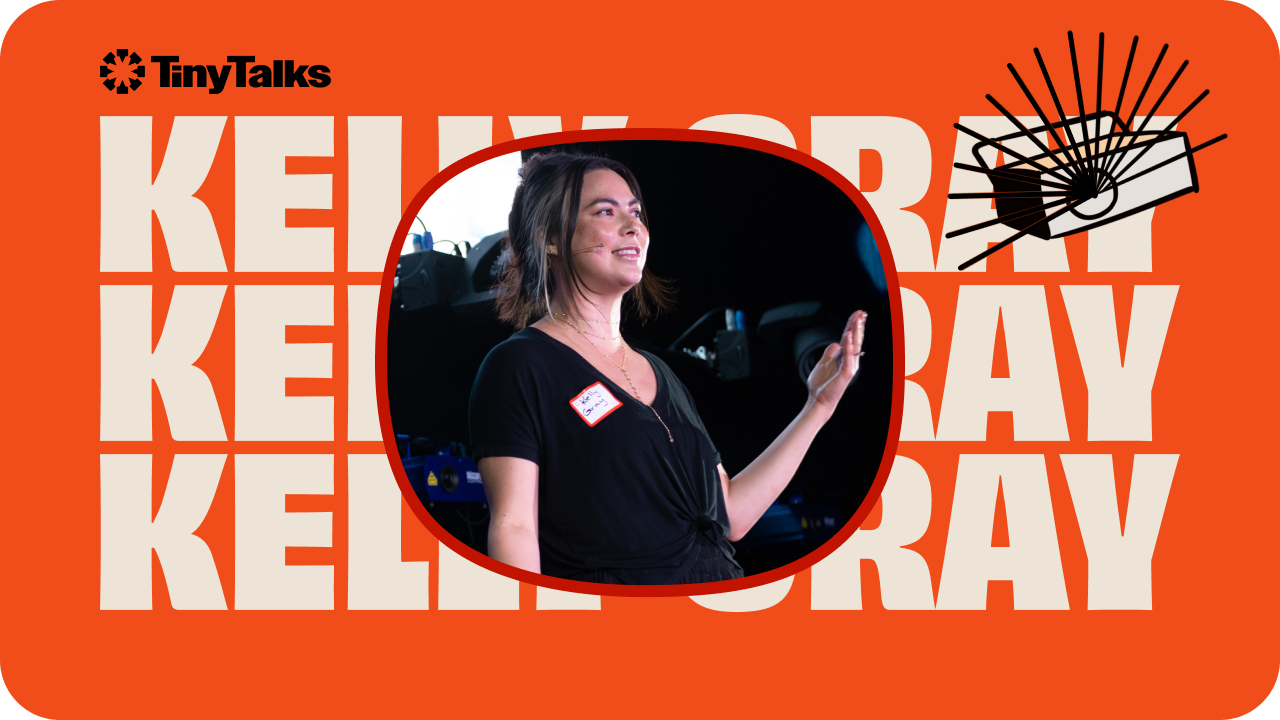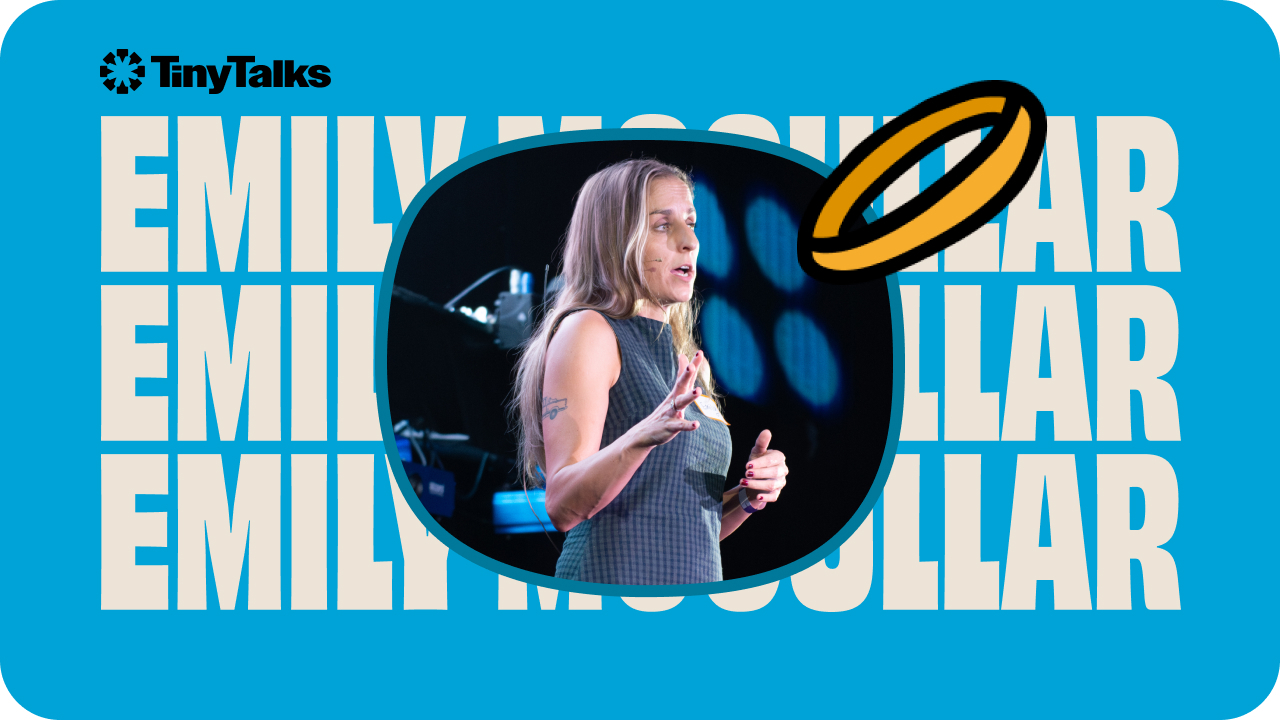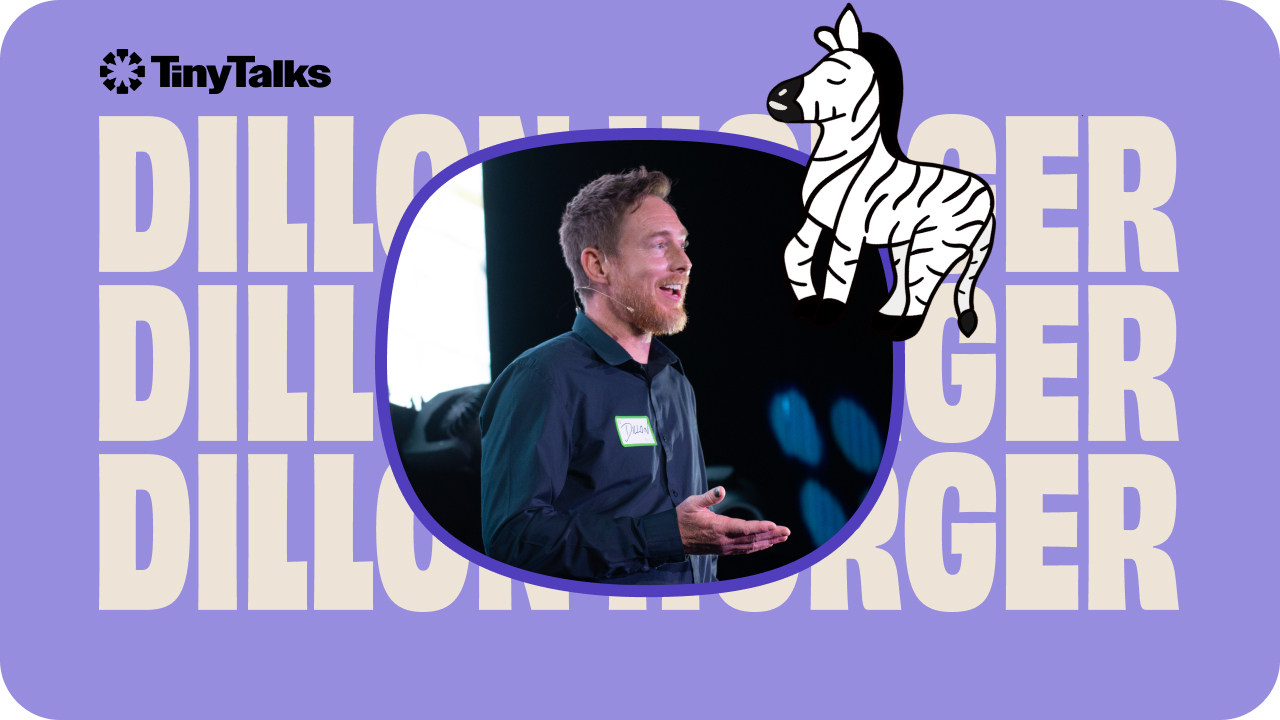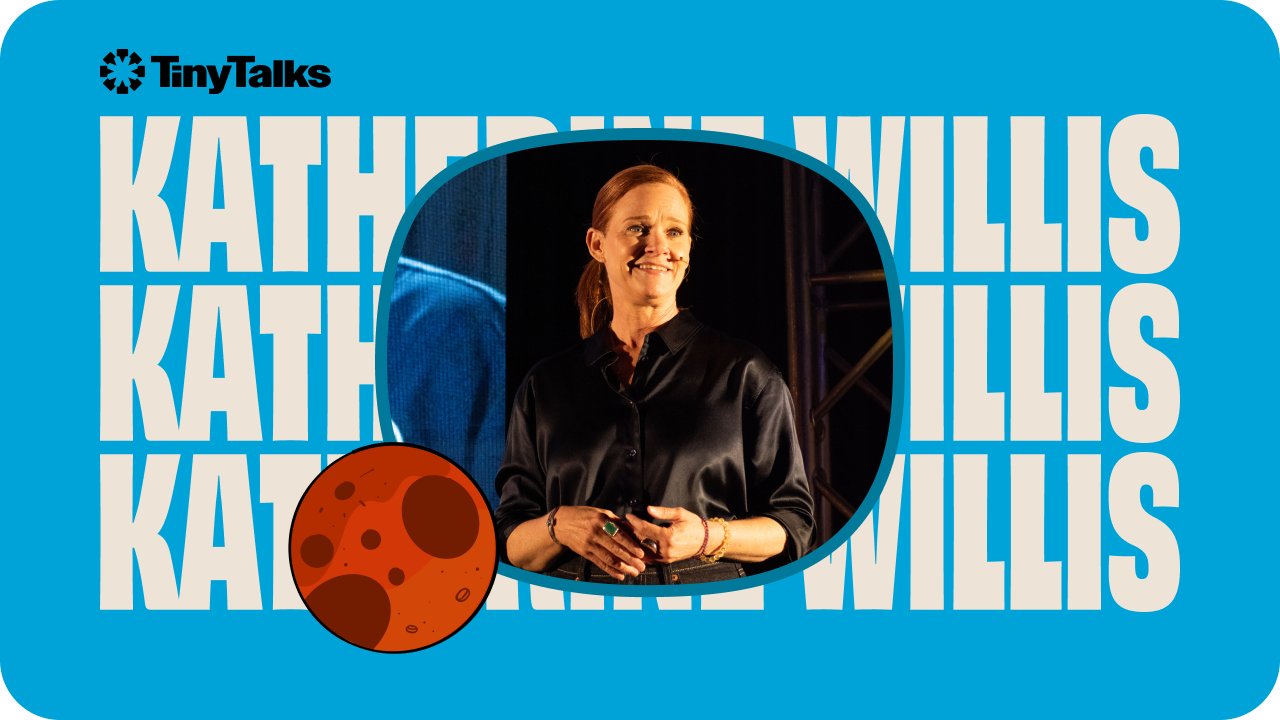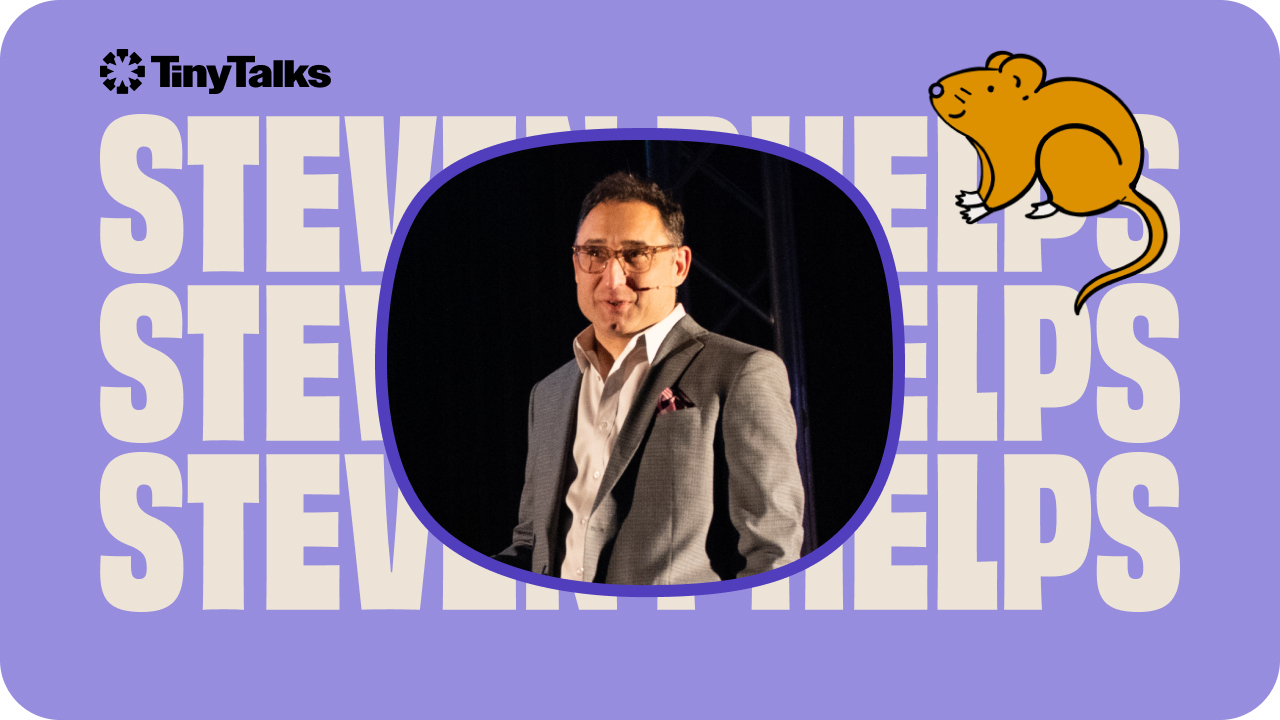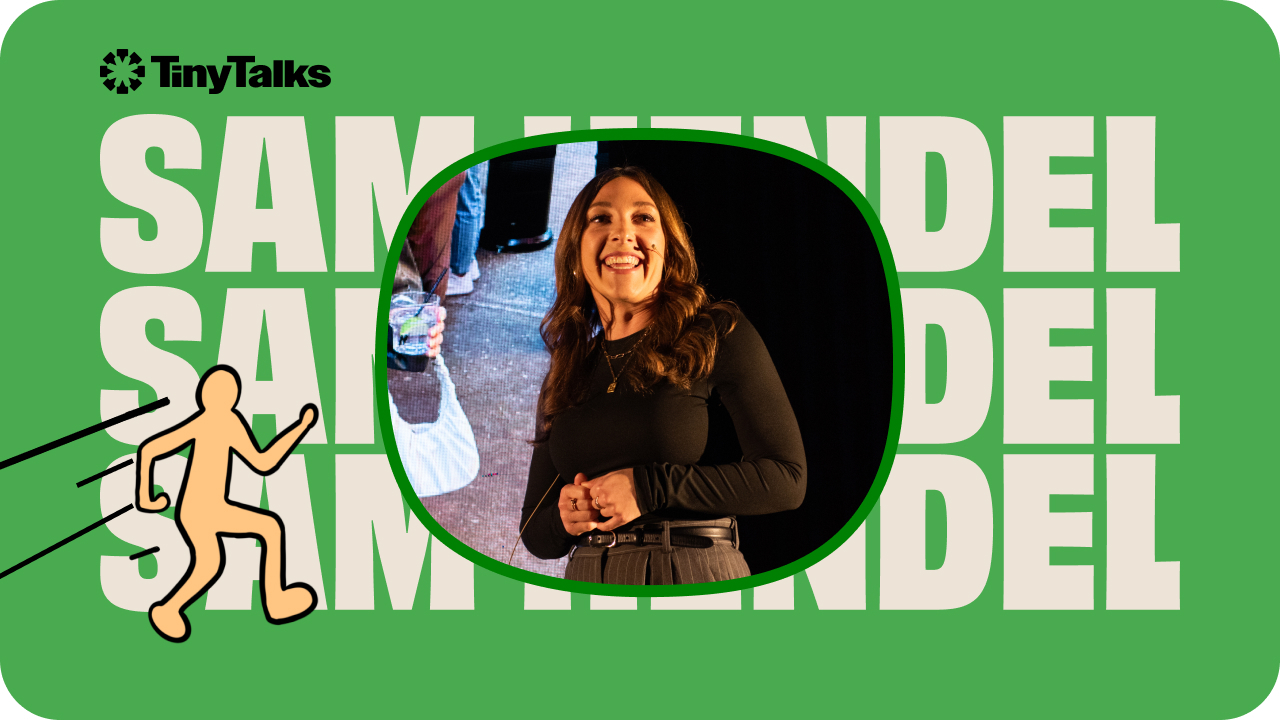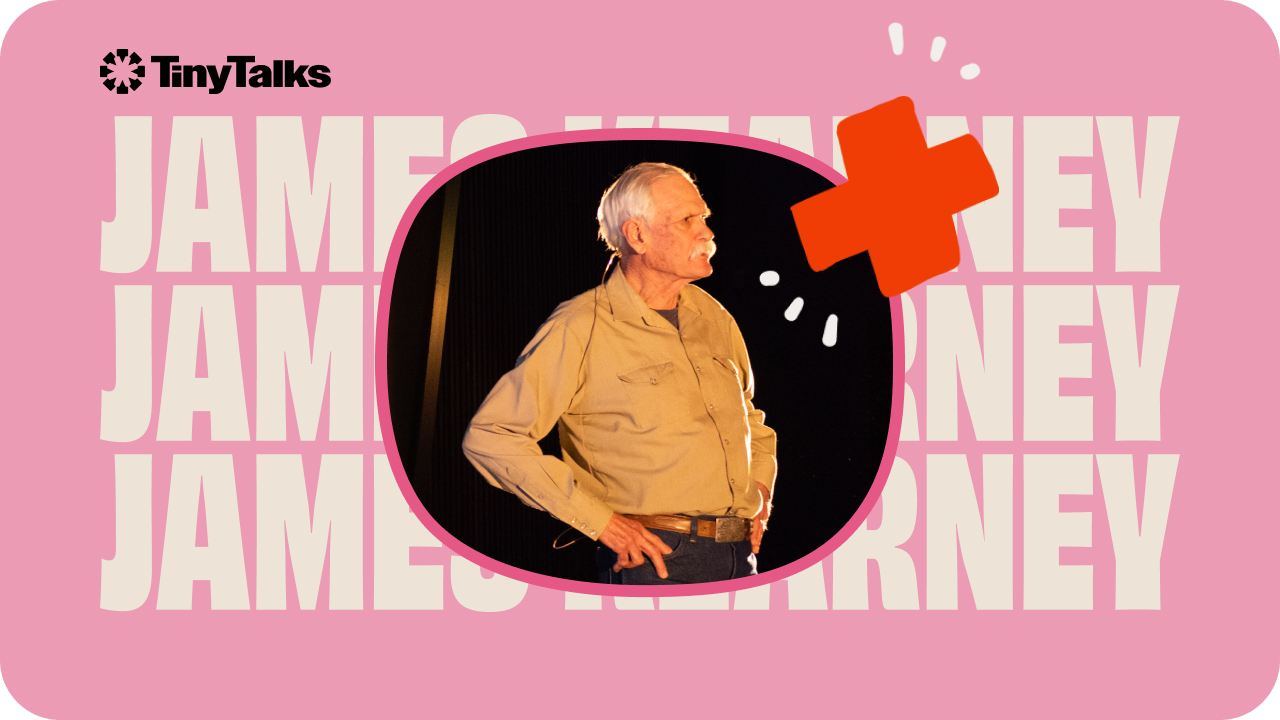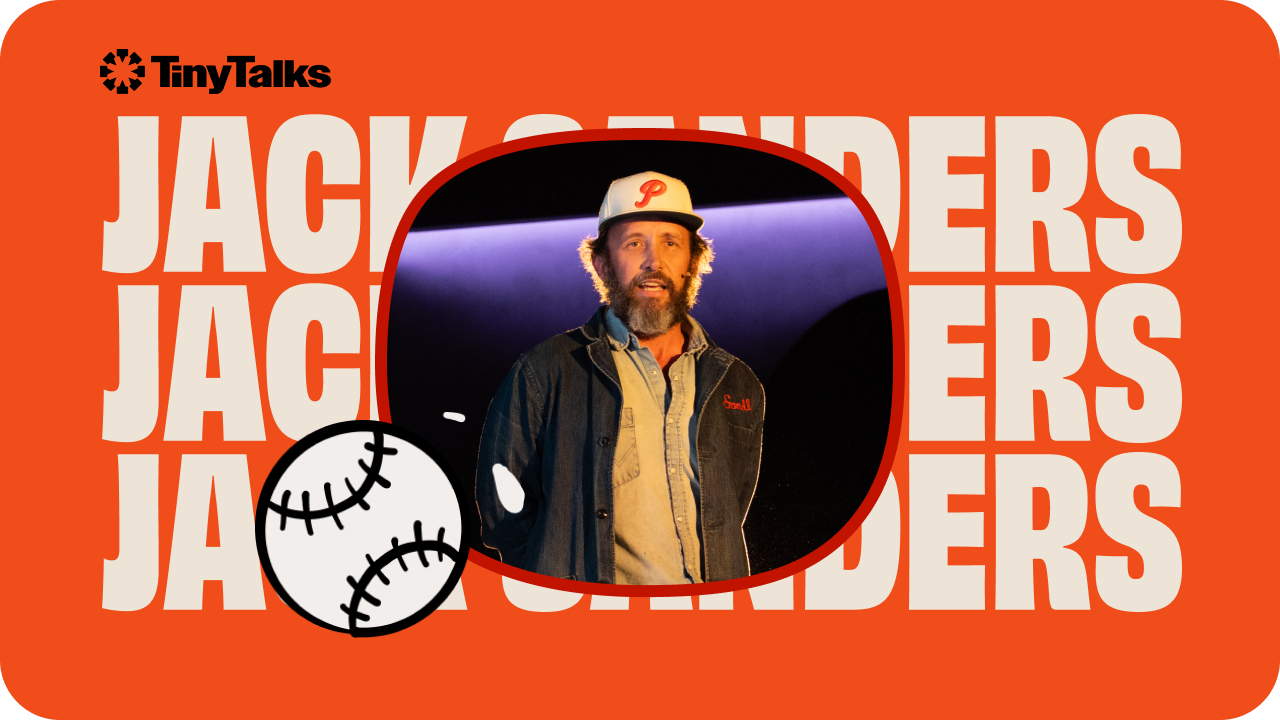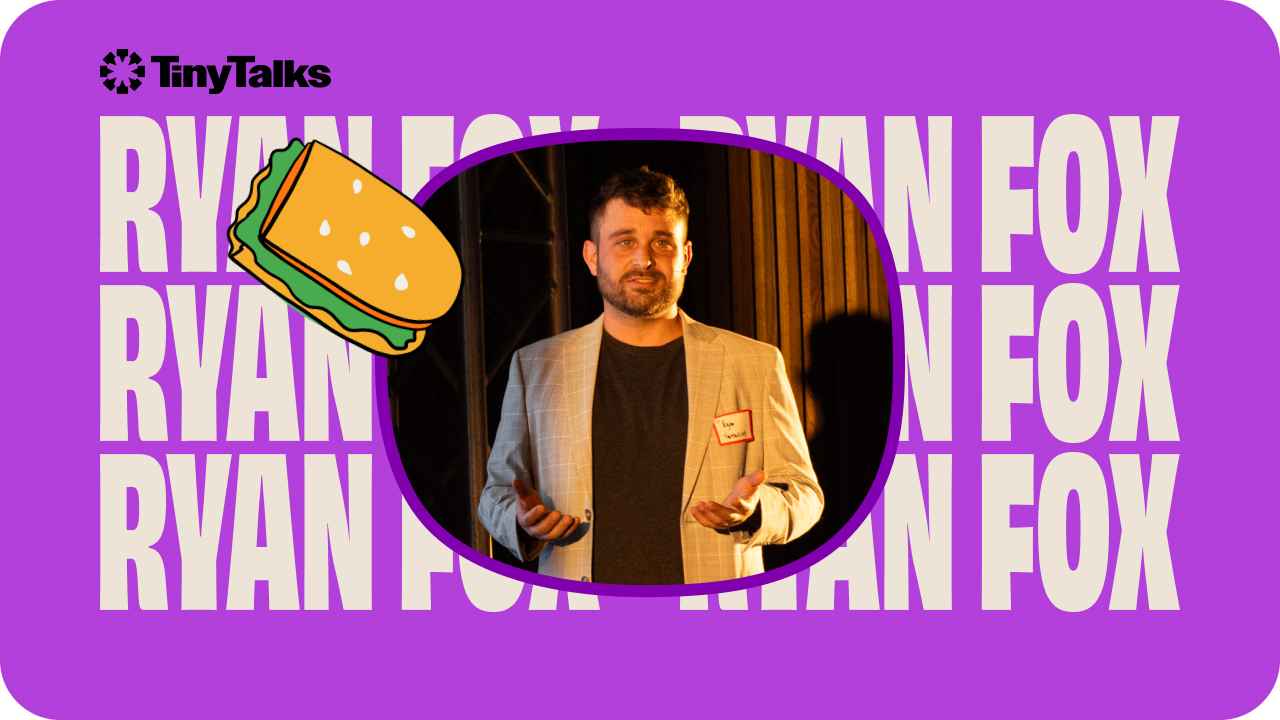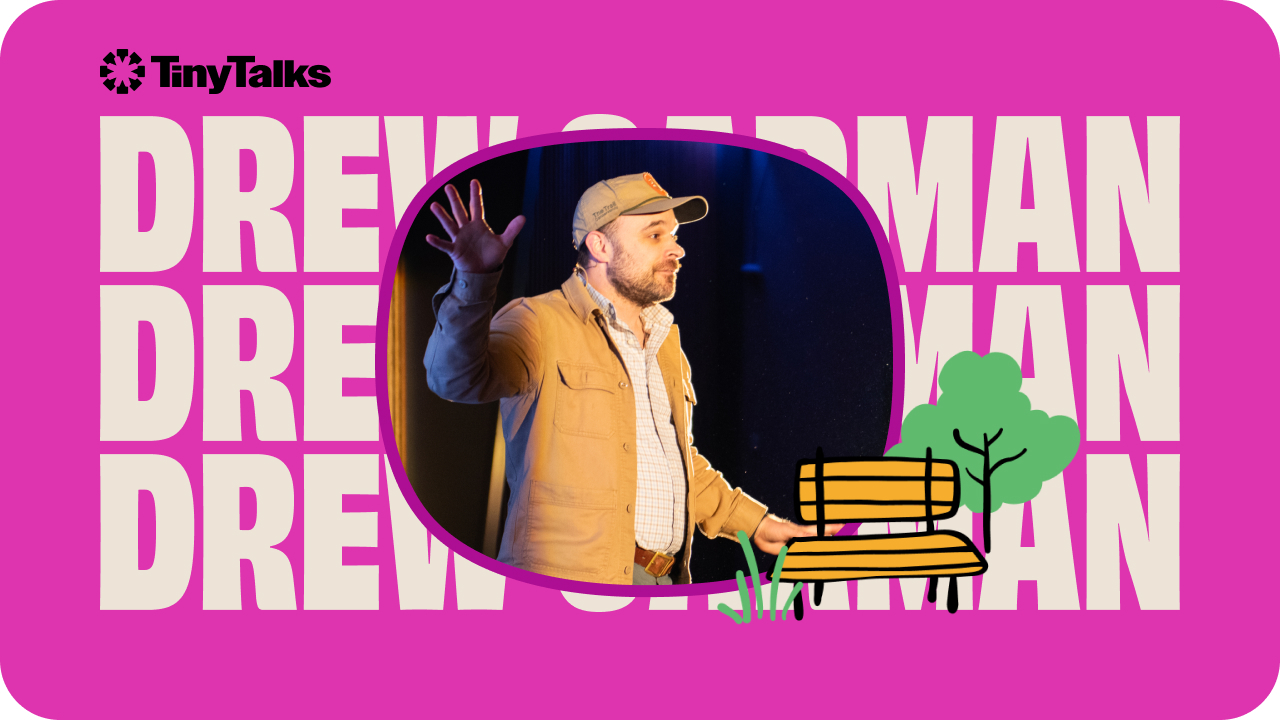The Untold Backstory to Movie Theatre Subscriptions
Transcript
In 2012, the movie theater in my hometown abruptly closed. The entire town was devastated over losing this thing that they loved. My friends, Matt and James and I decided to do something about it. Our idea was to do a subscription model where you pay a monthly fee and you can watch unlimited movies. It was like Netflix for the movie theater. We talked to the prior owners who said they just couldn’t quite make ends meet and they were going to file bankruptcy. We asked if they’d wait 30 days and if our crazy idea worked, we would take over their business. We figured we needed 3000 people, and in a tiny town of roughly 10,000, we knew this was nearly impossible. So we knew we had to go all in and we did.
We worked with a local newspaper to run a cover story about our plan. I used the money from selling a car to do direct marketing to every household in the community. We set up tables outside of the two grocery stores where people could sign up and we had people on the street corner dressed up like movie heroes, waving signs, and all of this hit on the same day. And within 24 hours, more than 500 people signed up. And it was this crazy moment when I realized that this dream was going to become a reality.
Sure enough, on the 30th day, the 3000th person signed up. We had done the impossible. We had saved the movie theater. Or had we? The LA Times ran a story: Small Town Saves Theater With Subscription Model. An executive at Sony Pictures read that and she knew something that we did not know, and she sought us out, actually got us on a phone call to tell us, “You did not save your movie theater. We will not give you movies and no one will give you movies.” This was the first indicator we had that maybe something was wrong. We called all the other studios and it turned out she was right. Not a single studio would give us movies.
The problem is the industry is built on the concept of selling tickets. We knew this. We thought we had a clever plan. We’re going to buy a ticket on behalf of the member. But what we didn’t know is there’s actually a clause in the master license agreement of all of the studios that disallowed membership. In desperation, we called the theater’s film booker, told her our plan, and it’s not a big deal. We’re going to buy a ticket on their behalf. Her response was, “I will not touch that idea with a 10-foot pole.”
So let’s recap. I’ve quit my job, moved back to my hometown. I’ve poured my life savings into this. The entire town thinks the theater’s been saved. Not a single studio will give us movies. Their reason for not giving us movies is actually solidified in a written contract. At this point, the only thing we’ve successfully done is we’ve burned through my life savings and we’ve given the town false hope.
One thing I neglected to mention, when we were talking to that film buyer, she told us about her uncle. Her uncle was who got her into this industry and he was super well-known, super beloved, and he had recently retired and was bored and she suggested we give him a call. We called Joe Karate and after just two conversations, he was on board. In exchange for some equity in the company, he would work his magic. Joe called the executives of all the studios. And to our astonishment, three of those studios agreed to give us movies. Now, you may have heard of them, they were Universal, Paramount, and Disney.
So after being closed for four months, we were finally able to open the theater. But strangely, we could only show movies from those three studios. Now of the studios that said no, they all agreed to have a meeting. So my childhood friend and I headed off to Hollywood. Joe didn’t go with us. Here we were, these kids who had stumbled backwards into accidentally owning this tiny movie theater, meeting with the leaders of this giant industry, attempting to change the way they’ve been doing things for over 100 years. It was absolutely surreal. And the even crazier part is it actually worked. We made progress with all the studios and two more studios gave us movies.
Now we had some holdouts and this was awkward. During that time, Superman came out and it was the only movie that anybody wanted to see and we just couldn’t show it. And it was a problem that we were determined to solve. So the way the industry works is a theater does not pay to get a movie. A theater pays when someone watches a movie. And the studios were worried that a subscription theater would misreport attendance. So in order to earn their trust, we built an infrared camera audit system that would take a picture facing the audience 20 minutes in and we’d send that picture along with the count in the auditorium for every single showing to the studio with the idea that seeing is believing. We got that executive from Sony on a call. We had her log into this new system we built, and we waved to her from a live video feed, and she realized that we were serious. We weren’t going away. And she was like, “All right guys, let’s do this.” And with Sony on board, soon all the other studios followed.
After 14 months, we had finally done it. Every studio was giving us movies. We had finally really saved the movie theater. So, this led to countless adventures. We were the Grand Marshals in the local parade. We were featured in Forbes and on Marketplace Morning Report. We spoke at CinemaCon and other theaters thought we were onto something and started using our membership system. And Boxoffice Magazine did this story that told this story as the origin story for all the subscription systems in the cinemas that likely many of you use. Not only that, it led to what I do today. Today I have a company that builds software for operating cinemas, and it’s used around the world.
Now, as amazing as all these adventures have been, by far the most profound experience was empowering the town to bring back the theater. I got the privilege of playing a supporting role where the town not only got back the thing that they loved and lost, but they got to be the ones that brought it back. We call the company Movie Heroes because that’s what we call our members. Our members are the heroes that saved the movies. Now the story’s about a lot of things. It’s about what can happen when you leap before you look. It’s about not giving up. It’s about the power of connections. But at its core, this story is about the beauty and the power of working together. It’s a story of community. Thank you.








